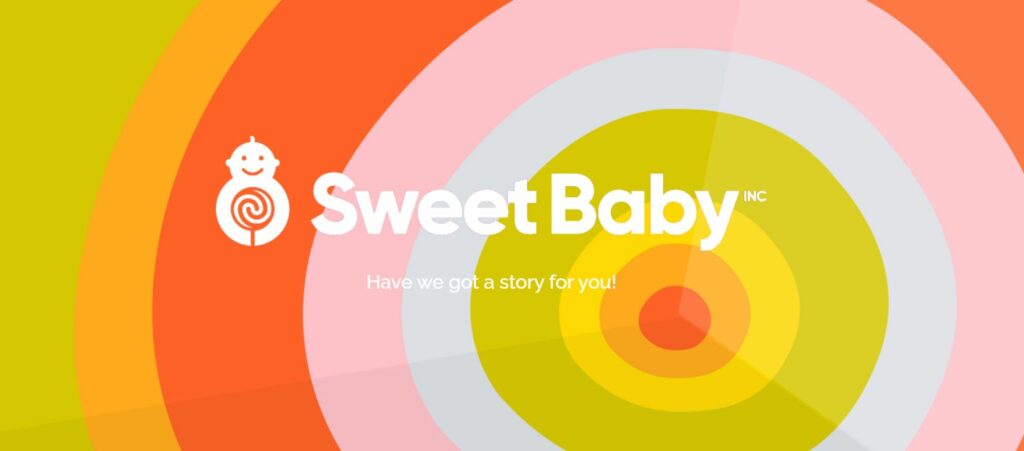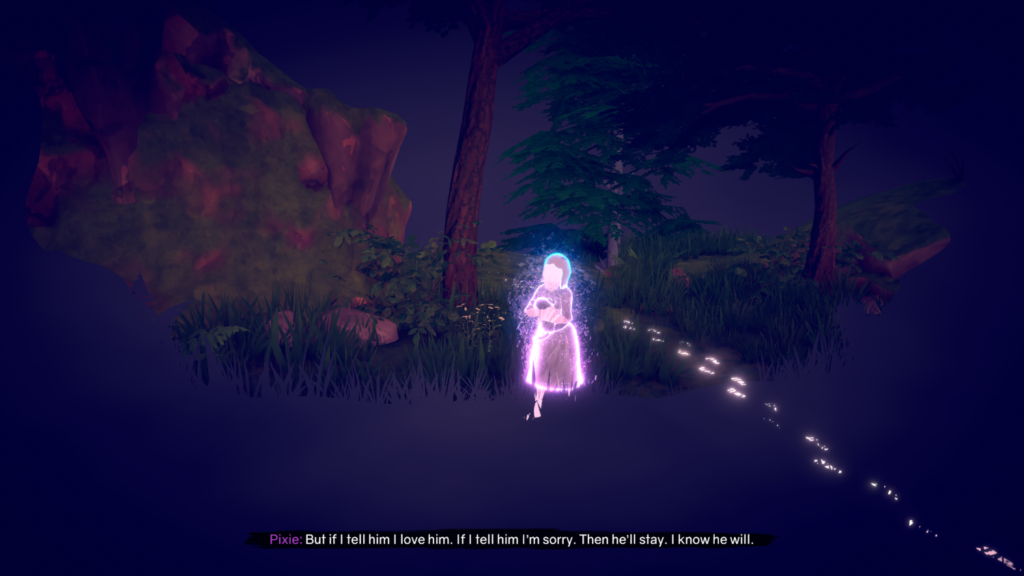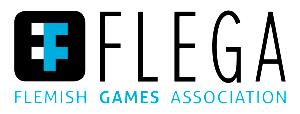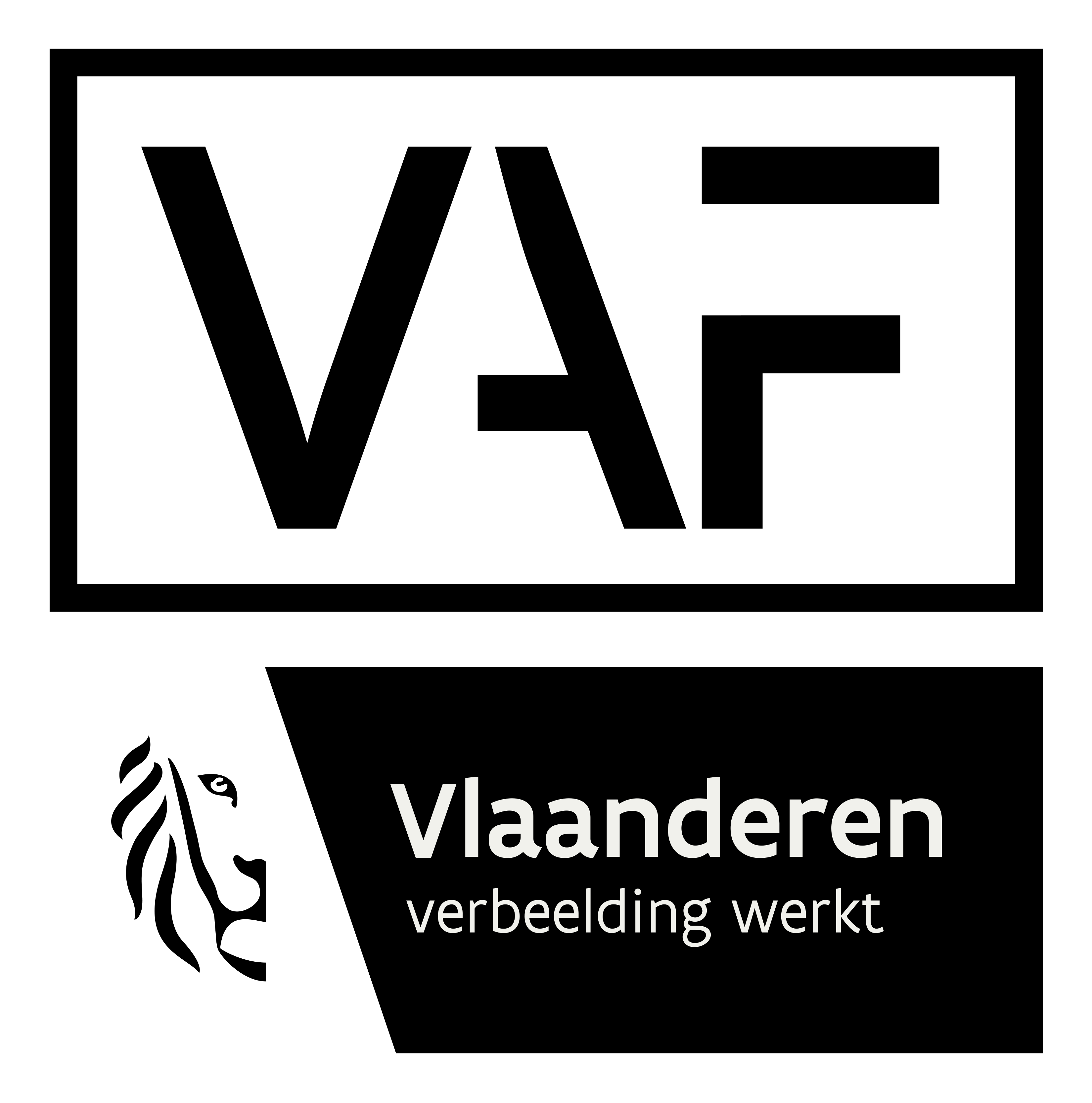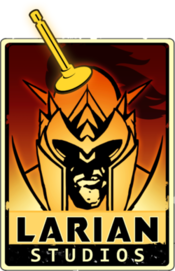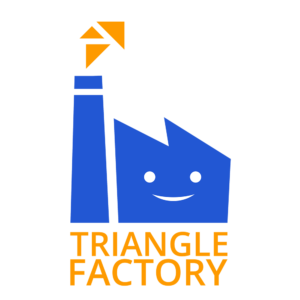We learned a lot about gender and diversity in the video games industry during the “Everyone in the Picture” event held by VAF a couple of weeks ago. Most of these insights were hammered down in a no-nonsense keynote by Sweet Baby Inc’s Kim Belair, a writer and narrative designer actively working on getting more people from marginalised backgrounds break into the games industry.
Her inspired talk was followed by a panel discussion featuring esteemed speakers representing various parts of our local video game ecosystem, who had interesting perspectives on the topic. Here are some key takeaways from both Belair’s keynote and the panel discussion.
One of the key statements Belair made was hiring for diversity isn’t that difficult, if you as a studio are willing to put in the effort as well. She describes diversity as a practice and not an action, meaning that it’s not just a check box as much as it is an attitude.
She explains most teams that reach out to her company to help with diversity issues are studios that are pre-dominantly male, white, and straight. When teams put out job ads, actively encouraging people from marginalised backgrounds to apply, Belair sees two things happen. One: there are no diverse applicants. Two: the diverse applicants don’t have enough experience for the job. If you’re in situation 1, you’ve got to ask yourself how do you come across as a studio. Are you actually welcoming diversity, or are you simply looking for a diversity hire? How will your studio accommodate this new hire? Is everyone in the studio on the same page concerning this topic? “If you’re seeking difference, you must act differently”, she concludes.
The second situation seems a little more tricky. Belair raises a point that when hiring people from marginalised backgrounds, you’re not just asking them to do a certain task, you’re also asking them to help you understand their culture, habits, and way of life. Because of this, she argues that life experience should be counted as work experience.
While this might sound a tad controversial – people are there to do a job after all – Aminata Demba from Represent echoes Belair’s feelings in the panel conversation, stressing there should be alternative ways to break into the games industry that don’t require (expensive) curriculums or hard to obtain work experience. Allie Weiss, ethics coordinator at HOWEST Digital Arts & Entertainment mentions the DAE Vault. It’s a series of introductory videos on different aspects of game development and an inspired attempt at transfering knowledge beyond the current student body.
Transfering knowledge is one thing, but like Charlie’s Dagmar Blommaert argues that representation is another important tool to amplify diversity. She recounts a talk by Belair that stuck with her when it turned out that the speaker didn’t see another black NPC in a video game before the age of 15. “We need to create more diverse games in order to attract more people from diverse backgrounds to create their own video games.”, she said.
Their next game Cherry (which is in early preproduction) features a black main character. She explains that while she can write a character and a narrative, she’ll never know what it’s like to be black, and so they’re actively looking to add someone with that specific life experience to the team in order to create a believable and relatable main character.
Our own David Verbruggen adds that, while 20% of main characters in video games aren’t straight, white, and male, there’s still plenty of work to be done. He’s looking to neighbouring countries, such as the UK, that ran a very succesful diversity campaign, resulting in a best of class performance when it comes to people from marginalised backgrounds working in video games. While not everyone is comfortable sharing sensitive information like this, he argues the importance of data to start such a project from a clear baseline.
Last but not least, VAF project manager Naomi Nelan stresses that most diversity plans currently presented in applications aren’t thought out well. In future commissions, jury members will be asked to pay more attention to diversity. Where there are opportunities for improvement, they might get assigned coaching or asked to explore matchmaking possibilities.
If you want to watch the full thing (keynote, questions and panel take about an hour), you can do so above. You might as well take your sweet time for it, because we’ll be popping out for our summer break. We hope you have some time off to look forward to as well, and we’ll happily meet you back on the 18th of August for our next blog post. Enjoy the summer, everyone!

